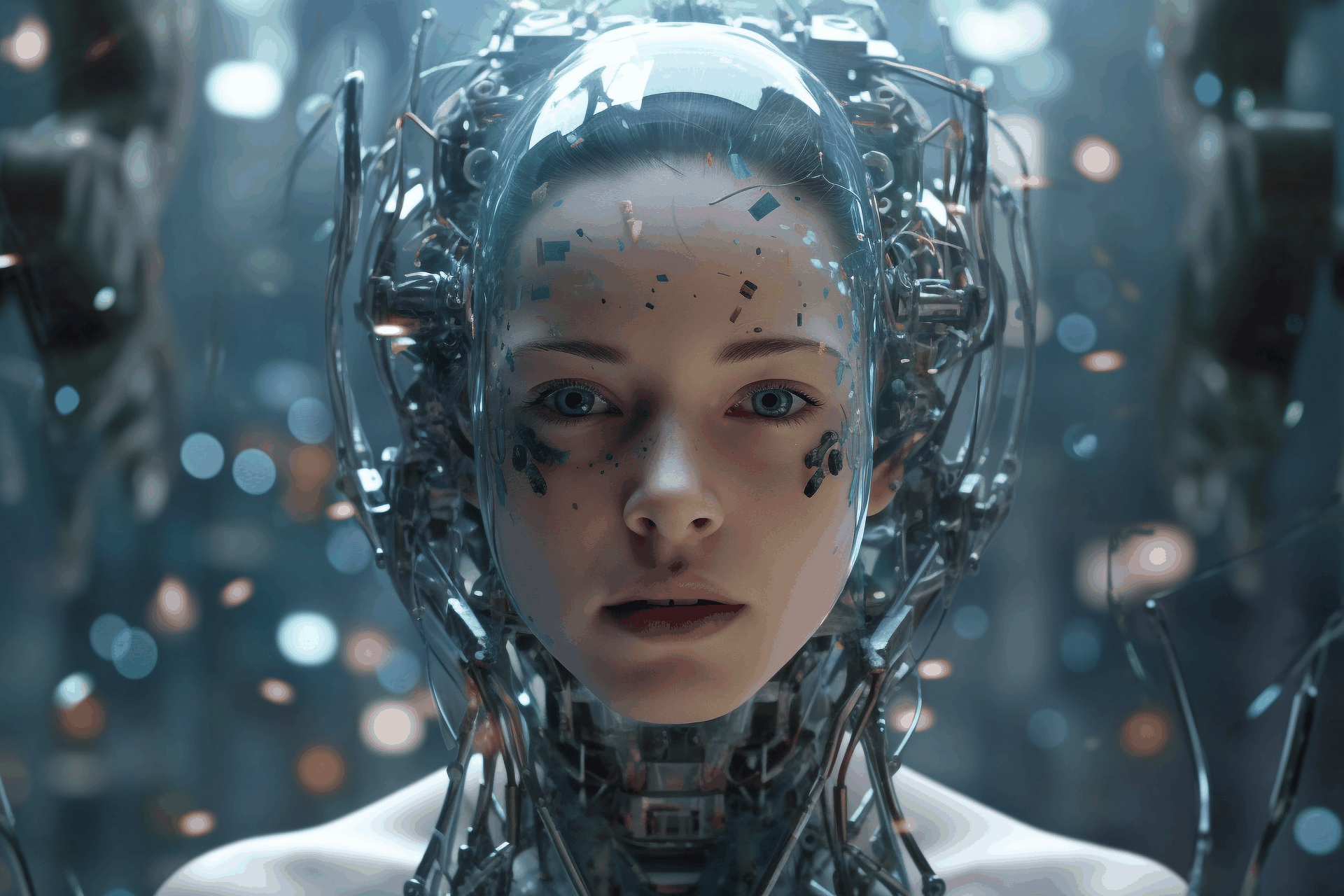Artificial Intelligence (AI) has revolutionized numerous aspects of our lives, from virtual assistants to smart home devices. Two prominent AI models that have gained significant attention in recent years are ChatGPT and Google BARD. Both models showcase remarkable language capabilities, but they differ in their development, approach, and intended applications. In this article, we will delve into the key features of each model and explore their strengths and weaknesses, ultimately determining which AI titan reigns supreme.

-
The Birth of ChatGPT and Google BARD: ChatGPT, developed by OpenAI, is based on the groundbreaking GPT-3.5 architecture. It has been trained on a wide variety of internet text and is known for its conversational abilities, capable of generating coherent responses to user queries. Google BARD, on the other hand, stands for “Bidirectional Encoder Representations from Transformers for Language Understanding.” It is a neural network model developed by Google, focused on creating conversational agents with a deeper understanding of context and user intentions.
-
Language Generation Capabilities: Both ChatGPT and Google BARD excel in generating human-like responses. ChatGPT relies on its extensive training data to generate contextually relevant and coherent replies. It can understand and respond to a wide range of user queries, making it a useful tool for various applications, such as customer support and content generation.
Google BARD, however, places a greater emphasis on understanding user intentions and generating responses that align with the desired outcome. By leveraging advanced natural language processing techniques, BARD is designed to create more contextually aware and goal-oriented conversations, making it particularly suitable for tasks like writing emails, making restaurant reservations, or providing detailed information on specific topics.
- Training Methodologies: ChatGPT’s training methodology involves unsupervised learning on a massive dataset, drawing from diverse sources on the internet. The model learns to predict the next word in a sentence based on the context it has been provided. While this approach enables ChatGPT to generate creative and contextually relevant responses, it can sometimes produce inaccurate or nonsensical answers due to biases present in the training data.
Google BARD, on the other hand, leverages supervised learning, where human AI trainers provide conversational data and model the desired behavior. This approach allows for more precise control over the responses generated by the model. However, it also requires a considerable amount of training data and human intervention to fine-tune the system, which can limit its scalability compared to ChatGPT.
-
Ethical Considerations: As with any AI system, ethical considerations are paramount. OpenAI has made efforts to address biases and improve the behavior of ChatGPT by using reinforcement learning from human feedback and deploying the model with safety mitigations. Google has also emphasized ethical development and deployment practices for Google BARD, aiming to avoid biases and unintended consequences.
-
Limitations and Challenges: While both models demonstrate impressive language capabilities, they have their limitations. ChatGPT often struggles with factual accuracy and can generate responses that are plausible-sounding but incorrect. Google BARD, despite its advanced conversational abilities, can sometimes produce excessively verbose or overly cautious responses, which may not align with the user’s desired communication style.
Additionally, both models can exhibit biases present in the training data, which can lead to unfair or discriminatory outputs. Continual efforts from developers and researchers are necessary to mitigate these challenges and ensure responsible AI development.
Conclusion: ChatGPT and Google BARD represent two formidable AI models that have made significant strides in natural language understanding and generation. ChatGPT impresses with its conversational abilities and versatility, while Google BARD shines with its context-awareness and goal-oriented approach.